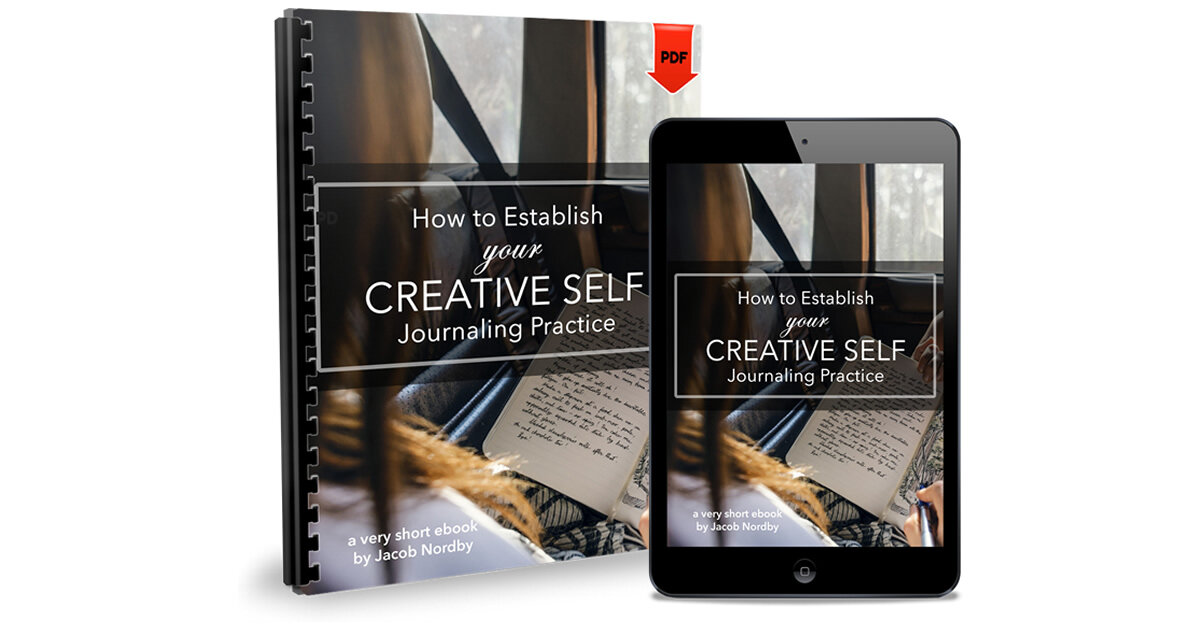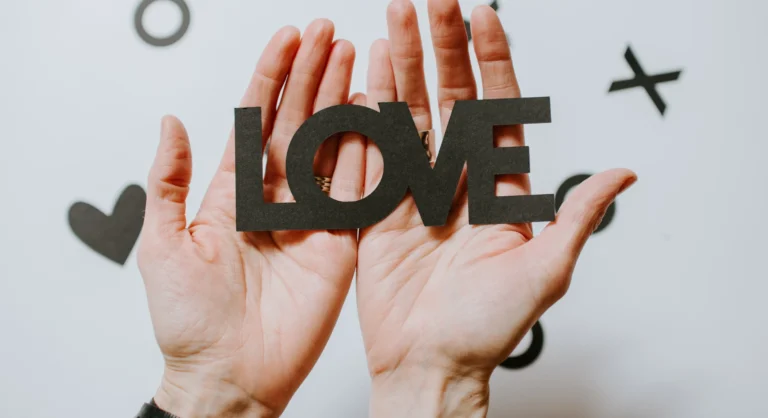“No, no… I’m okay. I don’t need anything.”
These words came out of my mouth so frequently that they might as well have been a mantra. I never even noticed it was happening until a friend stopped me in mid-sentence one day.
“Hey, Jacob,” he said, “That’s not true. I know you need things and you’re not telling me. It’s all over your face. You’re exhausted, you’re stressed… you’re falling apart. Why can’t you admit that you have needs, too?”
You know how your nose stings and prickles when long-dammed tears start to overflow? That’s what happened immediately after this person who cared about me said something true—stopped me in a reflexive lie.
It wasn’t that I meant to lie to him or myself. It was just such a habit, this thing of not admitting that I had needs.
For me, this began in early childhood. I had spent a lifetime keeping myself safe the only way I knew how: taking care of the needs of everyone around me without being able to acknowledge my own.
How was this a survival strategy?
Psychology and some therapists have helped me understand that being a caregiver is an identity-level experience. In its healthy version, the Caregiver archetype is generous, compassionate, and often seen as a guide or “rock” for others. Many caregivers are raised in childhood environments that require them to help out their siblings and parents. They are rewarded and praised for always going the extra mile. This often means disregarding their own needs. There’s an unconscious message, “You are safe and accepted so long as everyone else is okay.” This can develop into an unhealthy lack of honesty that makes it impossible for the caregiver to get their own basic needs met—which often leads to burnout, exhaustion, depression, and physical ailments. (Click here to learn more about the Caregiver Archetype from a different source.)
The conversation with my friend years ago was one of many red flags that eventually made me realize how long I had been lying to myself and how much it was costing me—and others.
The truth is, my pathological urge to anticipate and fulfill the needs of others (often before they even asked for help) was robbing them of their power to do for themselves and me of time, space, money, or other resources that I gave away without a second thought.
This began to change as I established a practice that helped me learn how to be honest with myself over and over again, a little more every day.
I share this ridiculously simple process in the free ebook that I recently released titled, “How to Establish Your Creative Self Journaling Practice.”
Because it was so frightening to be honest with other people, let alone myself, about my own feelings and needs, learning how to ask three simple questions every single day was the beginning:
- How do I feel right now?
- What do I need right now?
- What would I love?
It wasn’t easy at first. It took months before I felt comfortable enough to admit these things to myself, even in the safety and privacy of my own journal.
Little by little, something began to change. I found that I started to notice when I needed something. It was often something so simple, too: “I need to rest,” or, “I need more time to work on this mountainous to-do list,” or, “I need to pee.”
As I learned to be honest with myself, I noticed that it became easier to be clear with other people in my life. Looking back after a year or so of making this simple journaling practice part of my life, I am astonished by how much has changed. My children are more independent and engaged in their own futures. My friends more frequently ask, “How are you doing? How can I help you?” I am able to negotiate financial details with my employers and clients without always giving away the farm for fear of taking more than I should. The list goes on and on.
The results of this self-honesty practice are “real magic.” It seemed impossible before and now it’s a regular part of my life.
I have used the example of getting honest about unhealthy caregiving, but what I’m sharing here will affect any other manifestations of dishonesty, too. Anyone who regularly asks these three simple questions and allows themselves to answer honestly will begin to see the way through thickets of fear and old survival strategies that they’ve used to protect themselves and feel safe over the years.
Developing more honesty in this way offers tremendous benefits:
- Relief
- Clarity about who you are and what you truly desire
- Greater creativity
- A “lightness of being”
- Freedom and self-respect
- and so much more…
What I’ve found is that over time—and with patience—the inner parts that felt unsafe before can learn how to show themselves and tell the truth. As they experience you as a loving ally, they become willing to come out of hiding and reveal their secrets.
Now I’d love to share this process in the free ebook I mentioned before. Please take one as my gift and then come back and tell me about your experience in a comment below. How is telling the truth to yourself changing things around you?
I’d love to hear from you.
Jacob Nordby
P.S. Did it occur to you that I’m still over-giving by offering free content and ebooks and such? Well here’s my ENTIRELY selfish motive in that—I have a new book coming out later this year titled The Creative Cure. The process I share in the free ebook is an important part of this book. If you love this part of the work, I’ll come back and make sure you know how to buy the book when that time comes. For now, it brings me pleasure to know that the same things that are changing my life are also useful to others. Thanks for being here.





Responses